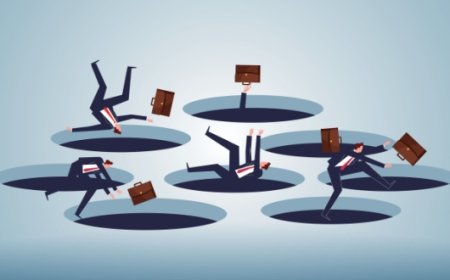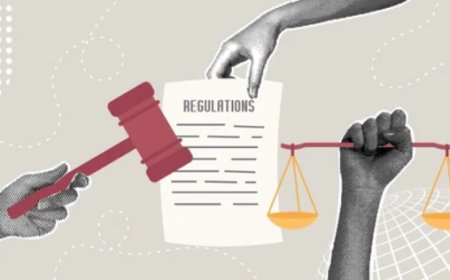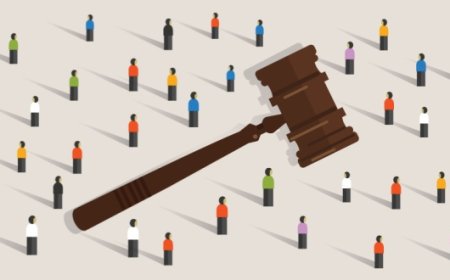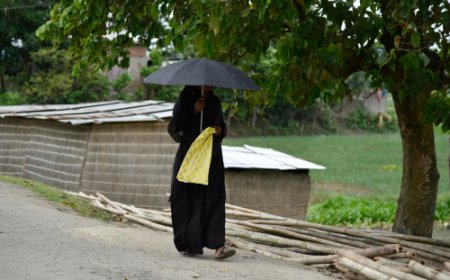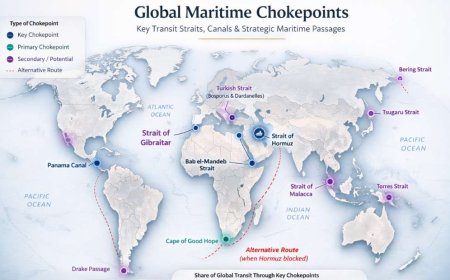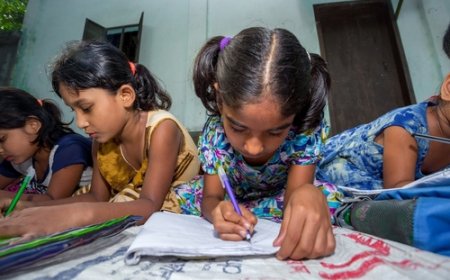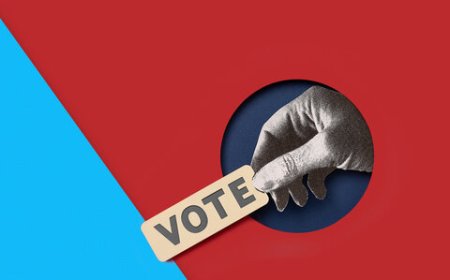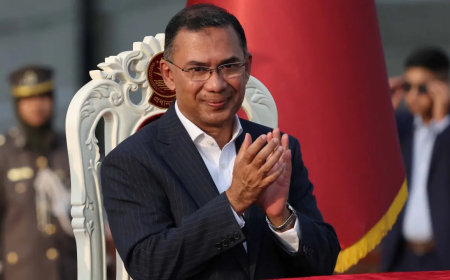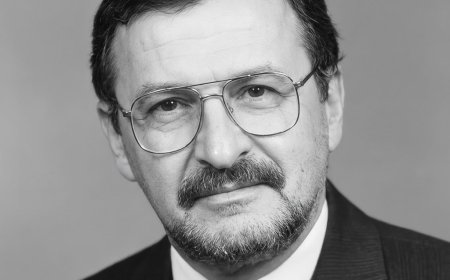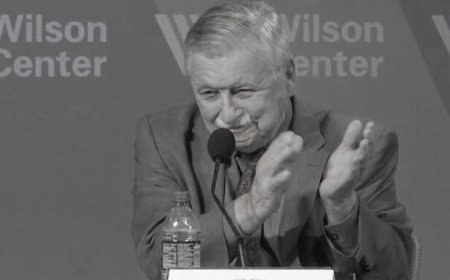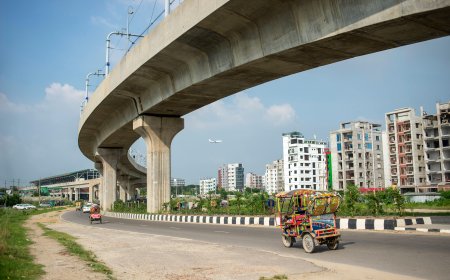How Not to Recover Stolen Assets
Billions could have been recovered through proper asset recovery strategy. Why was that not done? Why were experienced legal experts not retained? Serious questions need to be answered.
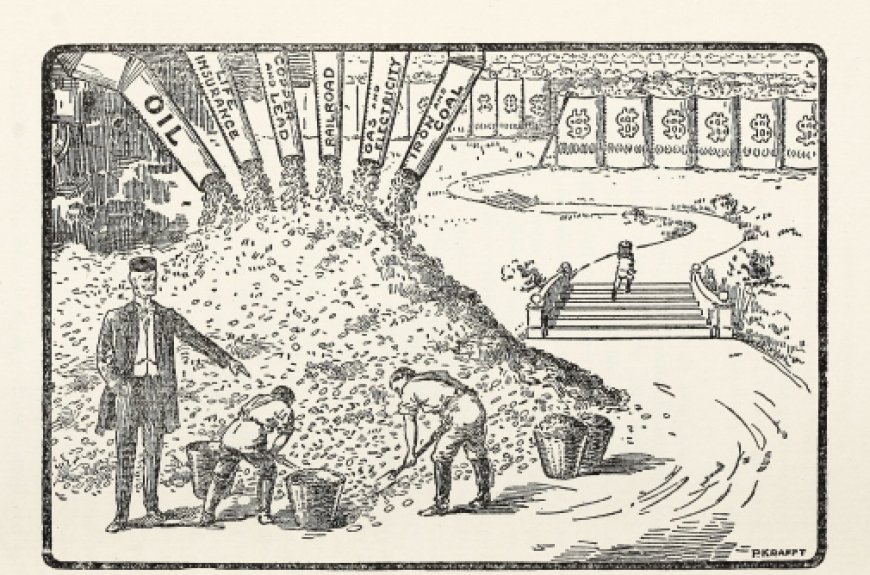
Between August 2024 and June 2025, despite multiple proposals, high-level meetings, and urgent recommendations from international experts, Bangladesh has made no meaningful progress in recovering stolen assets. Make no mistake: the delays are not merely bureaucratic. They are actively undermining the country’s chances of ever retrieving billions lost to financial crimes.
Chronology of Inaction
The timeline of events reveals a pattern of inefficiency and indecision:
September - October 2024: Many law firms submit a formal proposal to the Governor of Bangladesh Bank and members of the Asset Recovery Task Force. Many law firms receive no response whatsoever to their formal proposal submission.
October - December 2024: Law firms connect with Mr. Ifty Islam (coordinator) and submit a detailed strategy outlining legal pathways for international recovery. Still, no concrete follow-up.
March 2025: A high-profile meeting is held in London with all relevant parties, including representatives for potential defendants. An RFP is promised for April. None of the firms that attended were asked to sign any form of NDA to prevent disclosure of information shared at that meeting. See also Section 4 below.
April - May 2025: The promised RFP is delayed and then dropped entirely.
May 26, 2025: Banks and law firms gather in Dhaka. Another round of discussion, but still no instruction issued.
June 2025: A new conference hosted by Grant Thornton accountants, with international law firms in attendance, is scheduled. This is viewed by the professional community as another talking shop, with no action being taken.
Despite at least nine months of meetings, planning, and multiple iterations of proposals, not a single law firm has been instructed to take legal action. Many international laws and forensic accountants have spent several hundreds of thousands of pounds on advice and meetings, without any clarity on whether they will ever be formally engaged. Whilst some limited asset freezes have been obtained by the Bangladesh Asset Recovery Taskforce, there still remains uncertainty as to how frozen funds will be returned to Bangladesh.
Critical Lack of Leadership and Coordination
One of the core issues is the absence of a central coordinator with authority and relevant experience to select and instruct service providers. Law firms have repeatedly recommended appointing an experienced international asset recovery coordinator to:
• Vet and engage the right mix of legal, forensic, and investigative firms.
• Oversee development of a unified strategy across jurisdictions.
• Move quickly to freeze and recover assets before they are dissipated.
This advice has not been acted upon, resulting in fragmented efforts and repeated delays. The lack of authority and decision-making power at the centre has left professionals in limbo and given defendants ample time to conceal, dissipate or transfer assets. Because of this delay billions have been lost and will be difficult to recover.
Lack of Targets and Evidence-Sharing
Proposals cannot advance without identifying targets. As law firms have explained, the legal approach varies drastically by jurisdiction, and no law firm can provide a credible funding or legal proposal without knowing who is being pursued, and where their assets are located and what is being done by other law firms. Yet, to date:
• No formal names of individuals or corporates have been settled with law firms for asset recovery purposes.
• No supporting evidence has been provided to assess the viability of claims.
• Firms are being asked to fly to Dhaka and meet with unnamed banks, without any commitment to action.
Law firms and other professionals were having to use press releases and their own research to try and understand who the potential target defendants are and what assets they might have. This failure to share even basic intelligence with potential legal partners makes it impossible to mount serious recovery efforts.
Public Conferences Have Compromised Strategy
Rather than discreetly developing legal strategies, the asset recovery initiative has been played out in public forums, media, and conferences. This has had the (one hopes) unintended effect of alerting defendants to possible legal action, allowing them time to move or hide their assets. By way of example, Stephenson Harwood law firm, who represent Tulip Siddiq, were invited to the high profile meeting in London in March 2025 attended by the Governor. Multiple professionals have warned that this public approach compromises the recovery effort and reduces the likelihood of success with each passing day.
Documentation and Evidence Failures and Lack of Inter-Agency Coordination
As also reported in The Business Standard, Bangladesh’s asset recovery efforts are further hampered by poor documentation, weak evidence chains, and lack of inter-agency coordination. Legal experts stress that without verified documentation and timely collection of financial records, building a credible case in court, especially in jurisdictions like the UK, US, or Singapore, is extremely difficult.
One assumes the ACC authority has powers to compel information from other authorities, but in practice it requires a joined-up approach between them if it is to succeed. Without it, the asset recovery process won’t go anywhere. If the cause of action is by the state rather than, say, one of the banks, an action could be brought if the money can be traced even without cooperation from all agencies, but whether the monies are traceable depends on cooperation from the initial receiving bank to show at least initial money flow.
The only way of addressing the above is by putting the claims into an SPV and putting it into administration and appointing an insolvency practitioner as recommended by many law firms.
These systemic deficiencies have been flagged repeatedly but remain unaddressed.
What the Strategy Should Be
This should be done in two phases.
First, a coordinator is appointed to select the service providers. Various pronouncements have been made about a coordinator being appointed by Mr. Islam, but no names have been announced. The coordinator should be an experienced lawyer with extensive international asset tracing experience, who is familiar with the leading service providers, comprising at least lawyers, forensic accountants, asset tracing specialists, and litigation funders.
That selection can be made based on the reputation and experience of the service providers, splitting between the smaller service providers and the larger service providers. There will inevitably be some smaller and larger cases to run, where some require the bigger international firms to rely on their international network and resources, and some smaller cases where the litigation will be contained against a small number of players in a single jurisdiction.
Second, those appointed law firms (working in conjunction with the accountants and investigators) need to assess the evidence and devise a strategy for asset recovery. That will involve assessing the strength of evidence, selecting the key jurisdictions in which to focus (which will depend on the location of assets and protaganists), the best route to recovery (civil, criminal, or both), and actual legal action to recover the sums. As part of the strategy, the firm needs to have experience in civil and criminal law for asset recovery, sanctions, ideally political contacts, and for the bigger cases, an international presence.
Once the strategy has been devised, the legal action can be taken.
Strategic vs. Ad-Hoc Action
If the interim government continues to reject a unified global strategy, the fallback must at least involve swift, targeted cases. However, even this minimum approach demands immediate instruction of legal firms. The current drift toward piecemeal, reactive litigation will only lead to inflated costs, duplicated efforts, and lower recovery prospects.
Action Taken by Defendants
It is worth noting that potential defendants such as S Alam Group, Tulip Siddiq, and others have been busy instructing international law firms (e.g. Quinn Emanuel and Stephenson Harwood) and preparing defences in the anticipation of court and arbitration claims.
The delays in Bangladesh’s asset recovery efforts are not just unfortunate. They are indefensible and a tragedy for Bangladesh as the country is in need of urgent funds. Despite clear expert guidance, no meaningful action has been taken.
Every day lost strengthens the position of those who stole public funds and weakens the possibility of recovery.
Without urgent structural changes, beginning with the appointment of a dedicated coordinator and the instruction of capable legal teams, Bangladesh risks losing the opportunity to reclaim its stolen wealth entirely.
What's Your Reaction?










